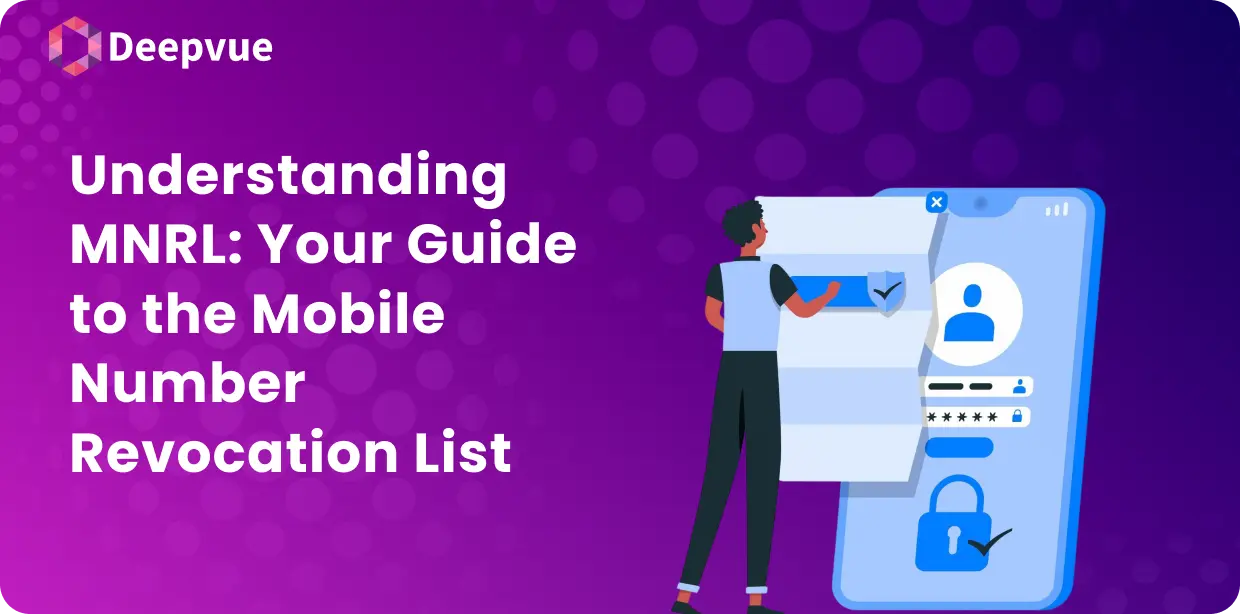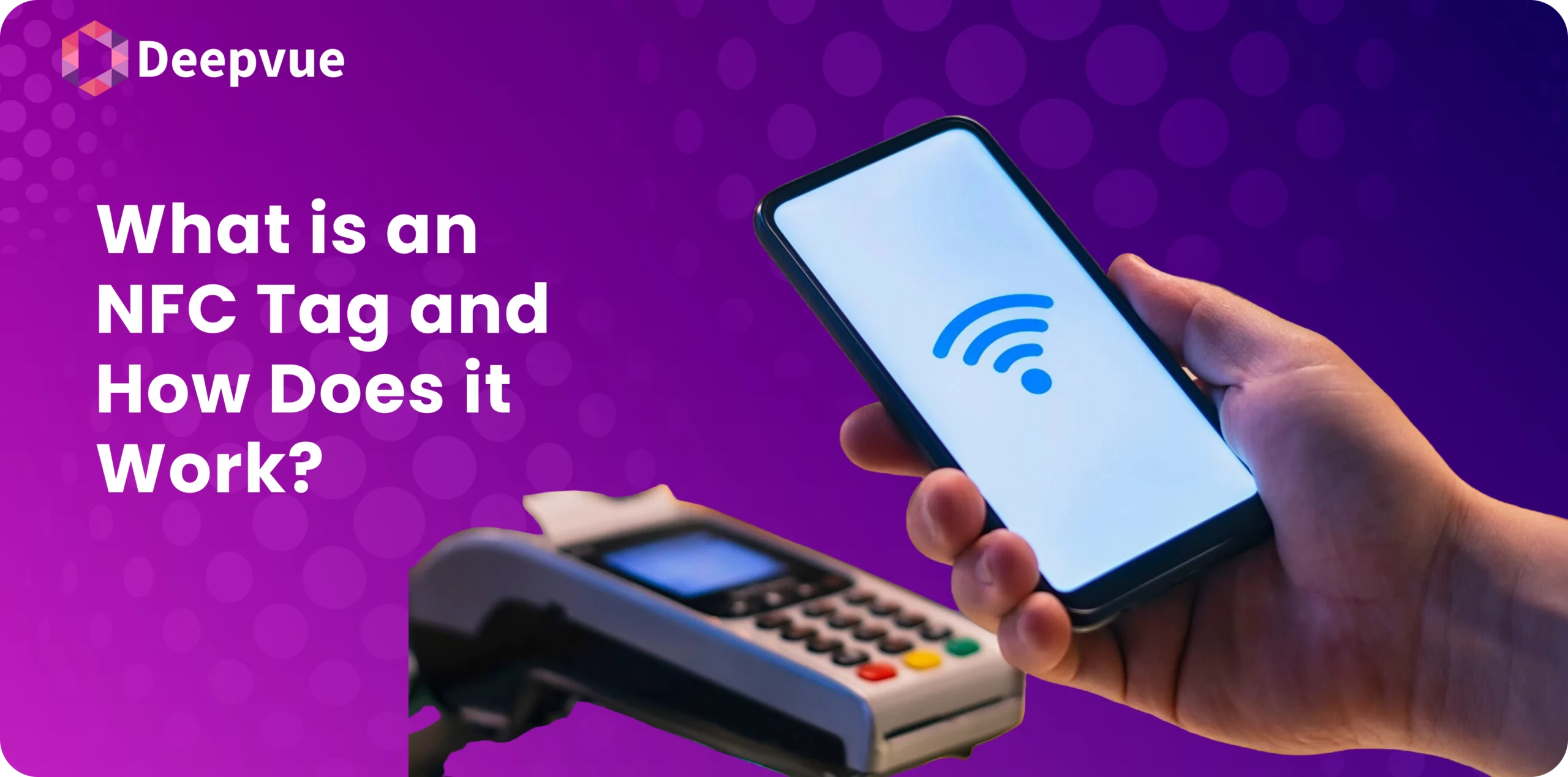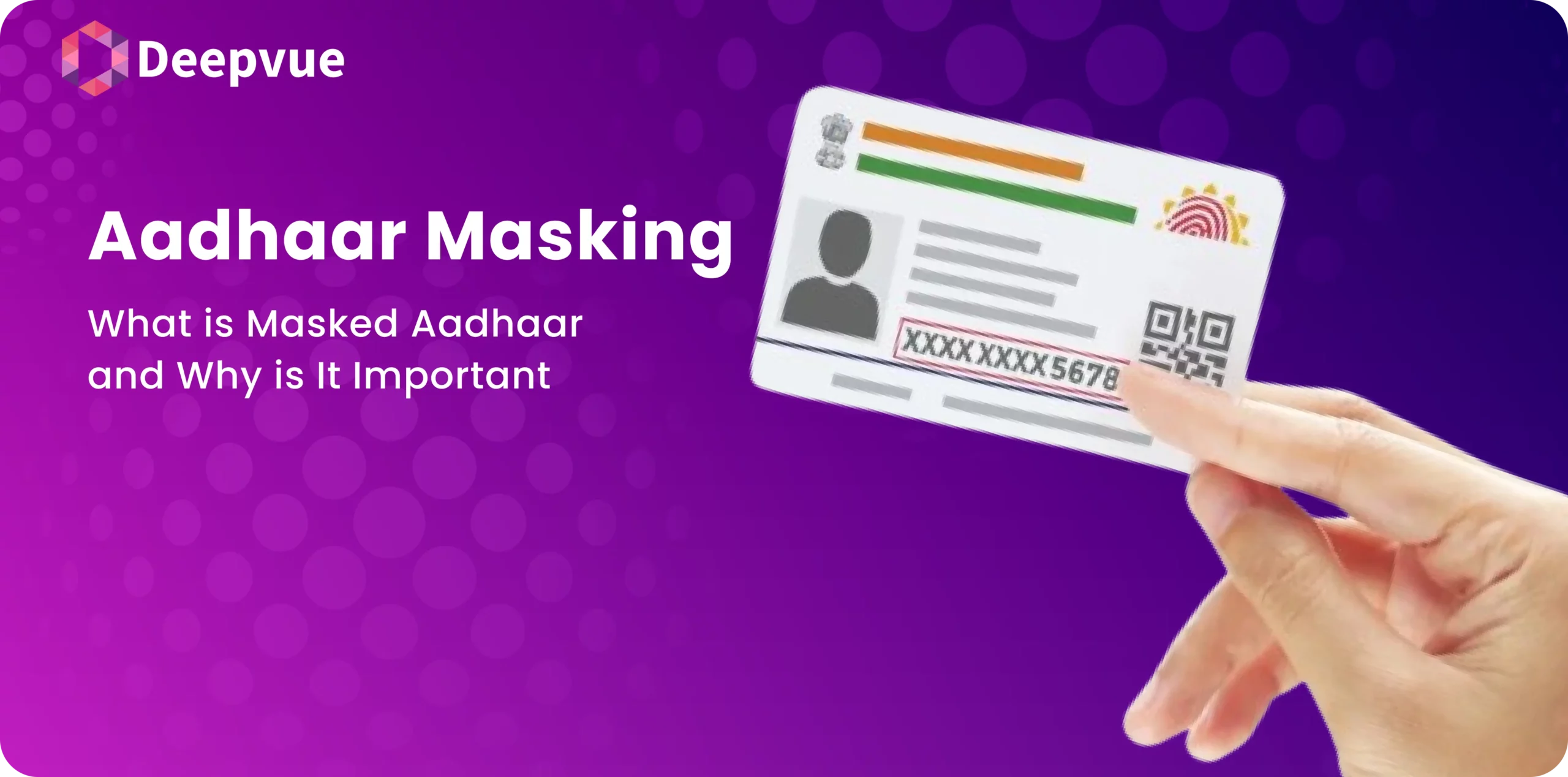eSign Definition
eSign stands for electronic signature, a digital version of a traditional handwritten signature. It is used to sign documents electronically, making the signing process more efficient and secure. eSignatures are legally recognized and widely used in various industries, including finance, healthcare, real estate, and government services. They offer a convenient and fast way to authenticate and verify documents, ensuring they are legitimate and unaltered.
Key Components of eSign:
- Digital Signature: A type of eSignature that uses cryptographic methods to secure the document and provide a higher level of security.
- Authentication: The process of verifying the identity of the person signing the document. This can be done through various means such as email verification, SMS codes, or biometric data.
- Non-repudiation: Ensures that the signer cannot deny having signed the document, providing a trail that can be verified.
- Integrity: Ensures that the document has not been altered after the signature was applied.
How eSign Works:
- Document Preparation: The document to be signed is prepared and uploaded to an eSignature platform.
- Signatory Identification: The signer’s identity is verified through various authentication methods.
- Signing Process: The signer applies their electronic signature to the document.
- Document Security: The signed document is secured with encryption to ensure its integrity.
- Verification: The eSignature can be verified by anyone with access to the document to confirm its authenticity.
Benefits of eSign:
- Convenience: eSignatures can be applied from anywhere, at any time, using any device with internet access.
- Speed: Speeds up the process of signing and returning documents, reducing turnaround times.
- Cost-Effective: Reduces costs associated with printing, scanning, and mailing physical documents.
- Security: Provides enhanced security features such as encryption and digital certificates.
- Environmental Impact: Reduces the need for paper, contributing to environmental sustainability.
Legal Validity of eSign:
eSignatures are legally binding in many countries, including the United States, European Union, and several others. In the United States, the Electronic Signatures in Global and National Commerce (ESIGN) Act and the Uniform Electronic Transactions Act (UETA) provide the legal framework for the validity of electronic signatures. In the European Union, the eIDAS Regulation governs the use of eSignatures and provides a standardized approach to their legality across member states.
Use Cases for eSign:
- Contracts: Used extensively in signing business and legal contracts.
- Real Estate: Facilitates the signing of lease agreements, sales contracts, and other real estate documents.
- Financial Services: Enables secure signing of loan agreements, account openings, and other financial transactions.
- Healthcare: Allows for the signing of consent forms, medical records, and other healthcare documents.
- Government Services: Used for signing permits, licenses, and other official documents.
FAQs
Are electronic signatures legally binding?
Yes, electronic signatures are legally binding in many countries. In the United States, the ESIGN Act and UETA establish the legality of electronic signatures. In the European Union, the eIDAS Regulation provides a legal framework for electronic signatures. However, it’s essential to ensure compliance with local laws and regulations regarding the use of eSignatures.
How secure are electronic signatures?
Electronic signatures are highly secure, especially when using digital signature technology that employs encryption and cryptographic methods. These methods ensure the integrity and authenticity of the signed document, making it tamper-evident. Additionally, authentication processes, such as email verification or biometric data, add an extra layer of security to verify the signer’s identity.






